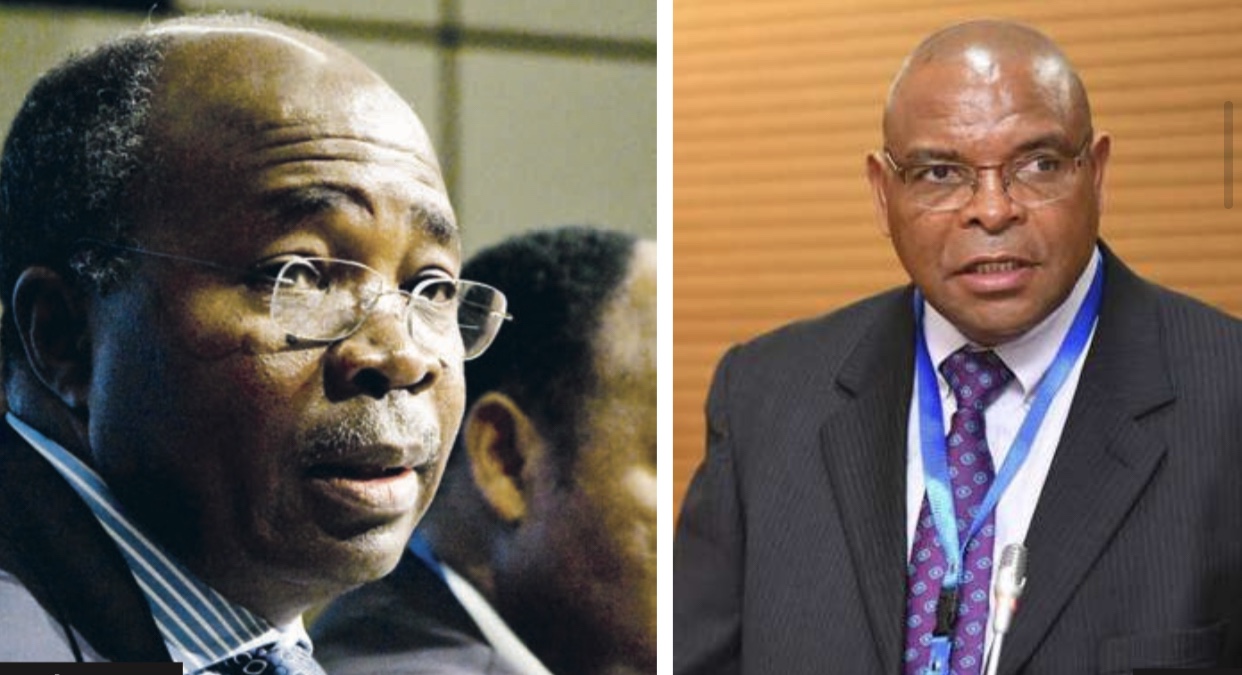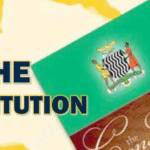BY BUMBA CHIMBULU
OFFICIALS from the International Monetary Fund (IMF) are tomorrow expecting to meet int the country for continued discussions on a possible package which is aimed at enhancing budget support from cooperating partners.
Government intends to reach an agreement with the IMF by the end of this month. Zambia has been holding continuous discussions which the country is eligible to access a package worth US$1.3 billion. Some bilateral partners had over the years ceased budget support as they felt that the risks were too high, according to the Bank of Zambia (BoZ) Governor, Dr Denny Kalyalya. Dr Kalyalya indicated that having a programme with the IMF was cardinal in bringing back budget support from cooperating partners.
He said this in Lusaka yesterday at the 2022 post budget town hall symposium. “We have had challenges in getting budget support. This mobilisation is important, an agreement with the IMF therefore provides that support. It is important to solicit for budget support. “By having an IMF programme, you open the door for budget support from these institutions. Some bilateral donors had ceased support as they felt that the risks were too high,” Dr Kalyalya said.
And Secretary to the Treasury, Felix Nkulukusa,emphasised that Government was still engaging the IMF over a package. He also clarified that the document presented to Parliament on Friday by Finance and National Planning Minister, Situmbeko Musokotwane, was a simplified budget statement and not the actual plan which has all the details.
Mr Nkulukusa was reacting to concerns from Matero Member of Parliament, Miles Sampa, that the 2022 national budget figures were not balancing. “The minister announces the budget speech and not the actual budget. Those are the highlights with critical components in those numbers. The budget is adding up and what is in the budget speech are just highlights. We did not provide all the numbers because it would be huge and bulky,” Mr Nkulukusa said.
Meanwhile, Dr Musokotwane acknowledged that concerns from employees that they were not given incentives. He however explained that this was because the budget was tight as most of the revenue was channeled to debt servicing.









